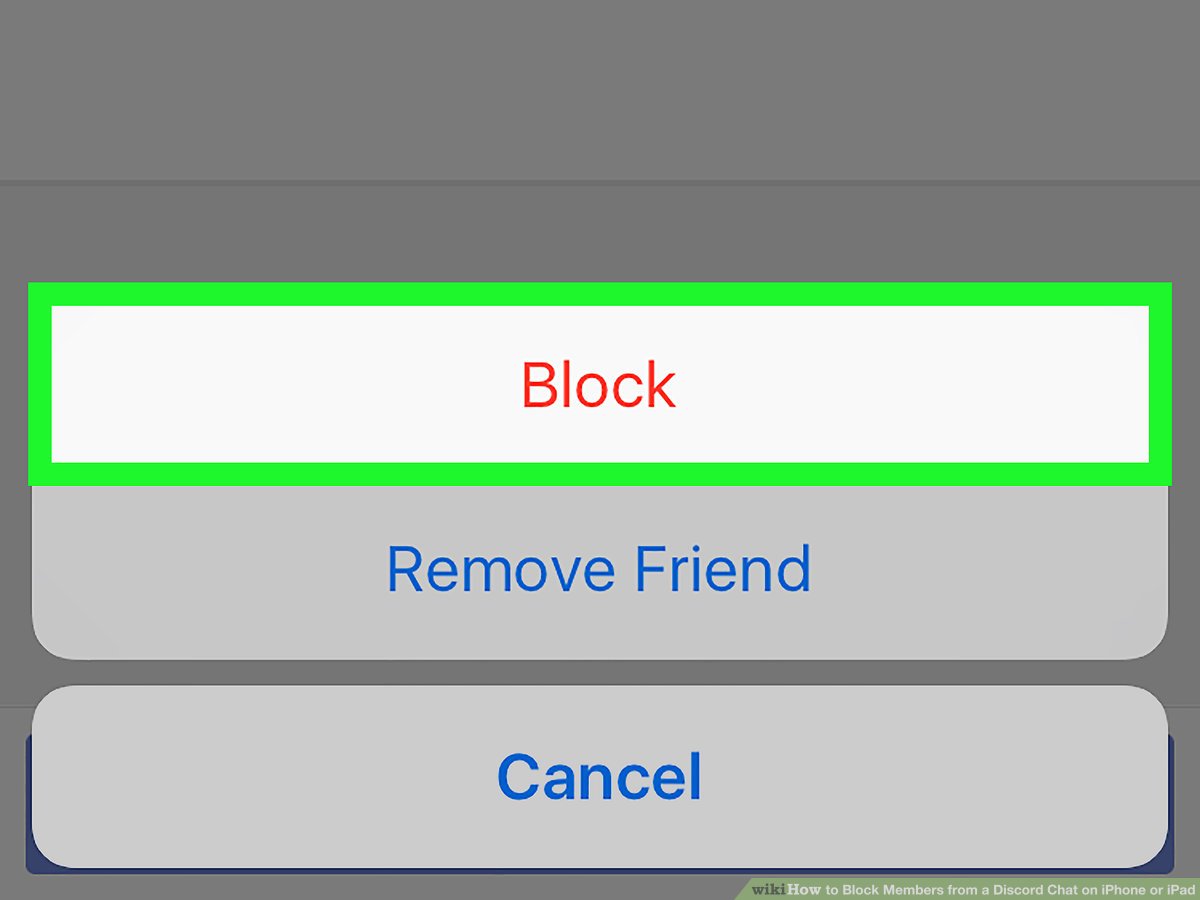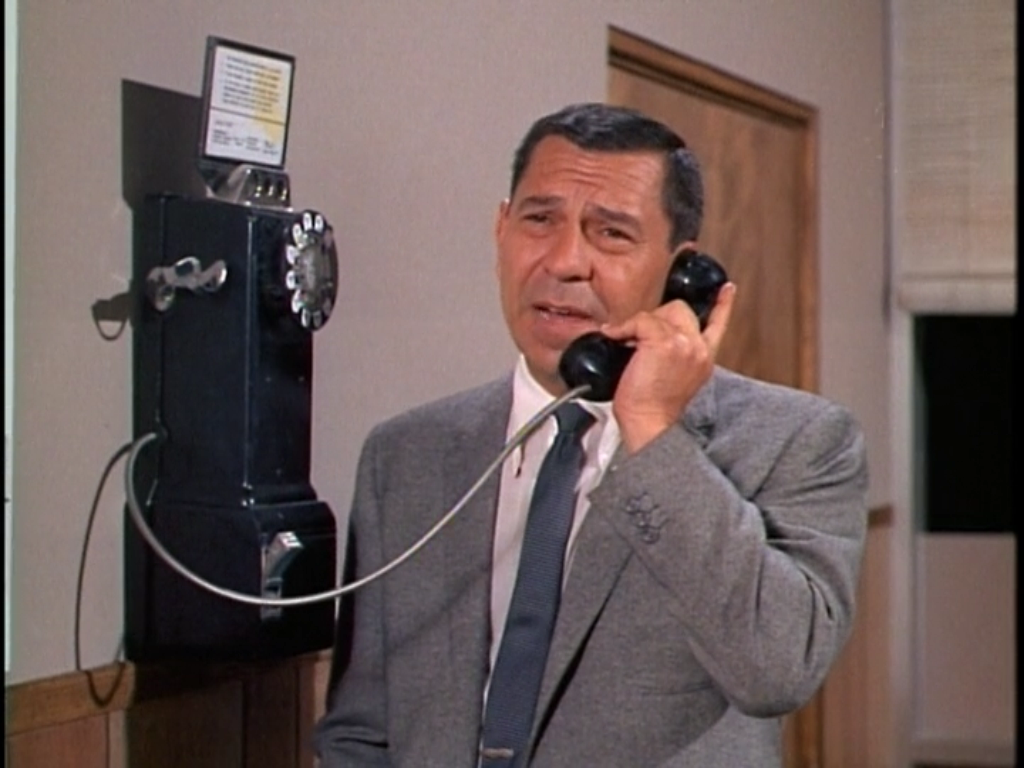Julia Angwin is most recently the author of Dragnet Nation.
Author: Julia Angwin
Listen: Play in new window | Download
Subjects Discussed: How much we’re being spied on, the great American historical tradition of spying on needless people, Jay Feldman’s Manufacturing Hysteria, why post-9/11 surveillance is worse than all previous forms, comparisons between the NSA and the Stasi, privacy as a confusing construct, climate change, life mediated by the technological existence, wading through content, a period in American culture where people wore pink and turquoise, when all life choices become part of a permanent record, personal data being shared among companies, Lane v. Facebook, Inc., Sean Lane’s surprise diamond ring exposed by Facebook, Google Street View collecting the names of wi-fi networks (followed by Android), Faraday cages, wrapping your phone in aluminum foil, the black helicopter lifestyle becoming more legitimate, not having access to the data that online giants create, disputing your credit vs. disputing your terrorist status, the informal lack of statute of limitations over stupid things you expressed years ago, giving civil liberties to terrible people, the price of free speech, comparisons between the Stasi and the NSA, how Google changes the way that you browse, switching to DuckDuckGo, people who are attracted to convenience, canned food, local food, fair trade coffee, whether it is possible to vote with our dollars, the convenience of ordering goods through your phone, the hidden costs of convenience through ordering diapers, acknowledging your phone before acknowledging your spouse, using a credit card with the name of Ida Tarbell, when alias are uprooted by people who know your name, automated fake names, MaskMe, attempting to organize a birthday dinner using encrypted instructions, the new responsibility of defending your online territory, hacking, Tor and privacy, the problems of privacy software having no consumer market, the importance of open source software, GitHub, the glacial pace of anonymizing traffic, Sarah Abdurrahman’s detention at the Canadian border, Yassar Afifi being harassed by the FBI over a Reddit comment, the difficulties of Muslim Americans being able to express themselves in the present law enforcement climate, the World Press Freedom Index 2014 issued by Reporters Without Borders with the U.S. dropping in rank, journalism as a tightrope involving the illusion of press freedom, confidential information, meeting with Jacob Appelbaum, the deeply ingrained habit of taking your phone wherever you go, “To Protect and Infect,” Angwin’s inability to get data from data brokers, and the benefits of using encryption badly.
EXCERPT FROM SHOW:
Correspondent: We’re in a room. I don’t think we’re being spied on right now. But that may actually change. Well, we do have our phones.
Angwin: You know what? First of all, we have our phones. And I’m sure there’s a camera here somewhere.
Correspondent: Anyway, let’s start off and look at this from a historical standpoint. Between J. Edgar Hoover’s harassment of dissidents in the early 20th century and the American Protective League — a volunteer organization during World War I that spied on “persons unfriendly to the government” — with the exception of technology that enables spying to be done faster, the so-called “dragnet nation” that you identify fits in with this regrettable American tradition. There’s a wonderful book by Jay Feldman called Manufacturing Hysteria, I’m sure you’re familiar with it, that’s a good overview of this. What makes any of the post-9/11 developments any different?
Angwin: Well, what we have post-9/11 is better spying technology, first of all. And it’s cheaper. So we have much bigger dragnets. And that’s why I called my book Dragnet Nation. Because we see this new kind of surveillance, which is vast, computerized, and impersonal, right? You’re not a suspect. You’re not even a customer of the company that’s tracking you. You have no relationship anymore with the person who’s spying on you. And it used to be that spying was hard enough that, although there were many regrettable incidents of spying on the wrong people, it still took effort on the part of the spies to do that.
Correspondent: There’s the Stasi comparison to the NSA, which we’ll get into in a little bit. But I am curious about this. You get into the relationship between privacy and behavioral economics quite a bit. It seems to me that there’s a voluntary impulse on the part of most Americans. You bring up experiments from Carnegie Mellon professor Alessandro Acquisti, where people are less willing to pay for privacy when they don’t already have it. You also bring up Dan Ariely’s findings on irrational compulsion to keep doors open — I talked with him; he’s a blast — when you try justifying why you, Julia, still have a LinkedIn profile. And one of the ultimate problems here is that, well, we have to be part of these services in order to get a job that will allow us to pay our rent and feed our families. We have to use social networks to keep in touch with our family and our friends. So honestly, it seems to me that we’re complicit in this devil’s bargain. So what do we do? Is there a way to exist with this dragnet culture without giving everything away?
Angwin: Well, you know, the thing is that you’re right. Privacy is a very confusing construct. No one wants to pay for it. No one really understands what it is. It’s kind of murky. But the thing is that we’re in a situation. I think what everyone can understand is the idea that you do want certain things to be within a certain channel. Like the way that you portray your day at the end of the day to your spouse is different from the way that you would portray your day to your boss, for instance. These are just very simple examples. But I think everyone can understand that not all audiences are the same. And so we’re in this world where you really can’t trust who the audience is. It’s most likely that the whole world is your audience. And so that’s sort of the fundamental psychological problem that we have. Now when we talk about the aversion to paying for it, as Alessandro has demonstrated, we are just unwilling to pay for things we don’t have. And since we basically perceive that we have no privacy, we don’t want to pay for it. But we’ve had this experience in the past with the environment. We had a really dirty environment. We lived with a lot of pollution. Our rivers caught fire. Our air was filled with soot. And no one wanted to “pay” for that. And then as a society, collectively, we actually figured out ways to adjust that situation so that now we don’t have as much rampant pollution. So we have dealt with similar types of issues.
Correspondent: Well, we do have climate change and rising waters. I hate to break it to you. (laughs)
Angwin: The problem with the environmental comparison is we didn’t adequately capture all the threats. But of the ones that we saw on the ground, like the rivers catching fire and the air being filled with soot, we containerized those. We basically said we’re willing to live with a certain amount of particulates, but not our rivers catching fire.
Correspondent: So inevitably in the question of privacy, it seems to me that we’re going to have to find a compromise solution, if we find any solution at all.
Angwin: We’re going to have to find where we are going to draw the line. Right now, it’s really kind of a Wild West. On the commercial side, there are very few laws that regulate our commercial entities that collect data about us. And then as we’ve seen since Edward Snowden’s revelations, the government side possibly didn’t have the oversight. Congress was surprised at what they were doing. And so both sides feel a little Wild West.
Correspondent: Well, you had mentioned a little bit earlier about this idea that what we portray about ourselves online, our virtual selves, doesn’t necessarily match our real selves. Is there enough in that to counter the problems of all this data scooping? Of all the stuff that we are willfully giving up? Of all of the search results that Google grabs? Of all of the little details on Facebook that we share? Is there anything about that separation that is positive? That might actually be used to fool the authorities who are happy to go ahead and scoop scoop scoop?
Angwin: Right. So when I did this book, I tried to answer the question of what can we do about everything. Exactly what you’re saying. Is there something we can do to protect ourselves in this world of indiscriminate surveillance? And I tried a whole bunch of strategies and one of my most effective strategies was what you’re describing. Which is basically spreading disinformation about myself. Which sounds a little unethical. (laughs)
Correspondent: Especially since you have a problem lying, as you say in the book.
Angwin: I do.
Correspondent: Although you’ve been very good about outing yourself as Ida Tarbell, just for the record.
Angwin: Right. So I did struggle with this idea of lying about myself online. And I went through certain steps to try and understand whether I felt that it was ethical. And in the end, I decided that I was in a situation where what was being done, collecting all my data, was also unethical and that this was my best strategy. And so given those constraints, I was willing to do it, but only within the legal limit. So I didn’t do anything illegal, I’d just like to point out. But I did create fake identities and spread disinformation about myself. And I did find that this was an effective counterstrategy. I think the question we have to ask as a society is: Do we want to live in a society where everyone is doing that? Because I think that that is unfortunately not going to be pretty.
Correspondent: Especially since we promulgate the George Washington notion. “I shall never tell a lie!” Well, in order to actually have an honorable existence that is, in fact, claimed by corporations, we do have to lie now. And we all have to feel like a criminal. And that’s just incredible!
Angwin: Yes. Right. So that’s actually what indiscriminate surveillance creates. It creates this thing where everyone says, “Oh, I have nothing to hide.” But the truth is that there are enough laws out there that, if everything is known about you, you have broken some law somewhere and there is now going to be this opportunity for discretionary justice, right? You are in the crosshairs because you’ve spoken out against some government official and they will have an opportunity to have something on you. And so we do have now the perfect tools for any bad politician who wants to do that.
Correspondent: We’ve only been talking for a little bit, Julia. But I have a feeling that you are someone who likes to stare into the bleak truth while maintaining some hope of optimism. And I’m wondering. Okay, let’s say that most Americans are placed into this existence where they constantly have to lie and spread misinformation. What would that do to are digital identity? To our digital culture? To our national culture? I mean, is this a reasonable expectation of what the next five, ten, twenty years will bring?
Angwin: Well, we did have — think about it. Our life online, living in a world that’s so mediated by all this technology, is really new. And basically in the first ten years of it, it was so awesome. Because we were empowered as citizens and individuals and as consumers in ways that we never had been before, right? Remember the days where you had to call every airline to get a fare. Now you know…
Correspondent: Kayak.
Angwin: They’re all competing. And so we have, as consumers, really benefited from this. But the problem is now that the tables are turning. We had kind of our ten years of fun. Now that the companies have got better weapons than we do. And now they’re going to spread in just the same way that you notice that it’s harder to get a good fare these days — and no one has proved it yet, but there have been so many rumors that they are tracking which fares you search for and then they lock it in at some higher price. And of course that is technically perfectly possible. So even if no one’s doing it now, somebody will. So the problem is that the companies are going to start organizing in their own way, spreading a little disinformation to shape how you behave and then as a natural countermeasure, we’re all going to start doing the same. Now what this does is actually very similar to pollution, which is what I was saying before. It pollutes the common environment, right? The idea of the Internet was that it was this amazing place where we could all have equal access to the world’s information and it was incredibly empowering. And it still is. But the more we pollute that environment, with propaganda on the company side and propaganda on the individual side…
Correspondent: Mutually assured disinformation.
Angwin: It is mutually assured disinformation. And it’s something that we have to think about as an environmental problem, I think.
(Loops for this program provided by SintheticRecords, kneegwahh, ebaby8119, and ferryterry.)
The Bat Segundo Show #537: Julia Angwin (Download MP3)
This text will be replaced



 I lean into my computer screen chin on fist, eyes leveled. Before me, a woman lies face down on an unremarkable bed. A man moves the woman’s hands behind her back. The woman waits patiently as he ties her hands together securely but comfortably with a simple rope. His wedding ring gleams as he pushes up her cotton frock and takes his time easing her panties down over her thighs. For the next several minutes, he fondles her. His caresses move from the swells of her buttocks to the folds of her genitals. She undulates and rears up against his hands. His fingers disappear inside her. She exhales pure desire in this otherwise quiet scene. At one point the man clutches the woman’s hand in a silent, tender communication. Then he reaches for something off screen. Shuffling noises ensue. A twisted tube of lubricant and vibrator appear. The play becomes more aggressive, as do the woman’s reactions. She strains to open her legs against the binding panties around her knees and another rope around her ankles.
I lean into my computer screen chin on fist, eyes leveled. Before me, a woman lies face down on an unremarkable bed. A man moves the woman’s hands behind her back. The woman waits patiently as he ties her hands together securely but comfortably with a simple rope. His wedding ring gleams as he pushes up her cotton frock and takes his time easing her panties down over her thighs. For the next several minutes, he fondles her. His caresses move from the swells of her buttocks to the folds of her genitals. She undulates and rears up against his hands. His fingers disappear inside her. She exhales pure desire in this otherwise quiet scene. At one point the man clutches the woman’s hand in a silent, tender communication. Then he reaches for something off screen. Shuffling noises ensue. A twisted tube of lubricant and vibrator appear. The play becomes more aggressive, as do the woman’s reactions. She strains to open her legs against the binding panties around her knees and another rope around her ankles.  People often assume that women dislike pornography or that they don’t like it as much as men. That’s an oversimplification. I want to like porn. But professional videos are less concerned with what feels good for a woman and more hard pressed on what is visually arousing for men — fellatio for instance. I’m not knocking it. It’s a wonderful erotic act that men love to watch, but that only gets me so far. On the flip side, pro porn constantly depicts cunnilingus as if it were a lollipop-licking contest with a misplaced emphasis on the visual. I always roll my eyes at that and think: Too bad. If he were doing it right most of the pink stuff wouldn’t be viewable.
People often assume that women dislike pornography or that they don’t like it as much as men. That’s an oversimplification. I want to like porn. But professional videos are less concerned with what feels good for a woman and more hard pressed on what is visually arousing for men — fellatio for instance. I’m not knocking it. It’s a wonderful erotic act that men love to watch, but that only gets me so far. On the flip side, pro porn constantly depicts cunnilingus as if it were a lollipop-licking contest with a misplaced emphasis on the visual. I always roll my eyes at that and think: Too bad. If he were doing it right most of the pink stuff wouldn’t be viewable.  The initial orgy was a blast. The woman sashaying nude down a busy street with a cigarette in one hand and a swinging purse in the other was so funny that I posted the clip on my blog and titled the entry “Confidence.” I assigned pithy quips to my discoveries and emailed the links. I asked, “Got vichyssoise?” of a huge leek being used as a dildo. “Her lips are sealed” was my commentary on the woman matter-of-factly tying her labia into a knot. These weren’t about arousal, but fun. If the people posting them were doing it to bolster their self-esteems, judging by the hit counts, they had to puff up like peacocks. I might have watched on with bewilderment, but why shouldn’t Super KnotGirl be proud of herself?
The initial orgy was a blast. The woman sashaying nude down a busy street with a cigarette in one hand and a swinging purse in the other was so funny that I posted the clip on my blog and titled the entry “Confidence.” I assigned pithy quips to my discoveries and emailed the links. I asked, “Got vichyssoise?” of a huge leek being used as a dildo. “Her lips are sealed” was my commentary on the woman matter-of-factly tying her labia into a knot. These weren’t about arousal, but fun. If the people posting them were doing it to bolster their self-esteems, judging by the hit counts, they had to puff up like peacocks. I might have watched on with bewilderment, but why shouldn’t Super KnotGirl be proud of herself?